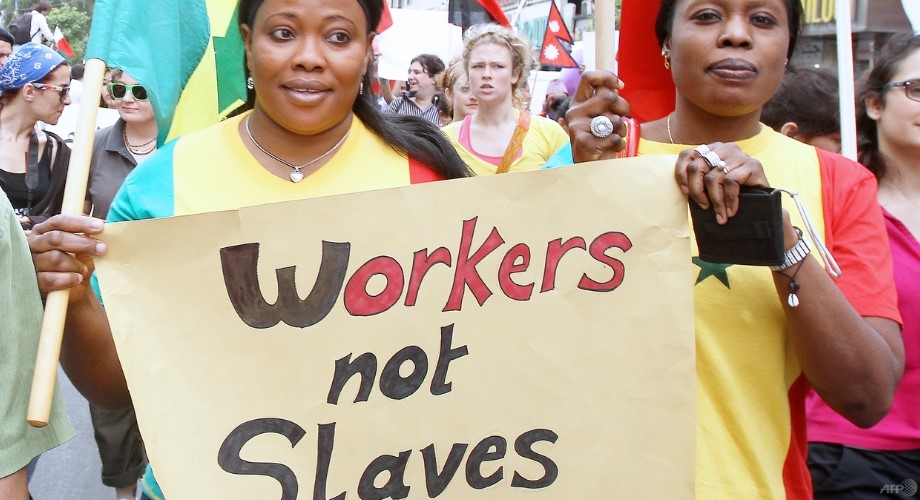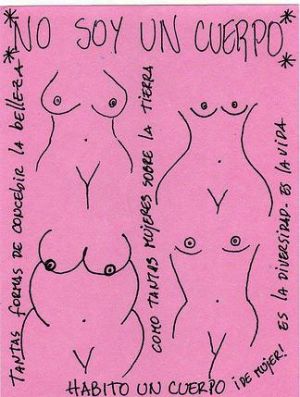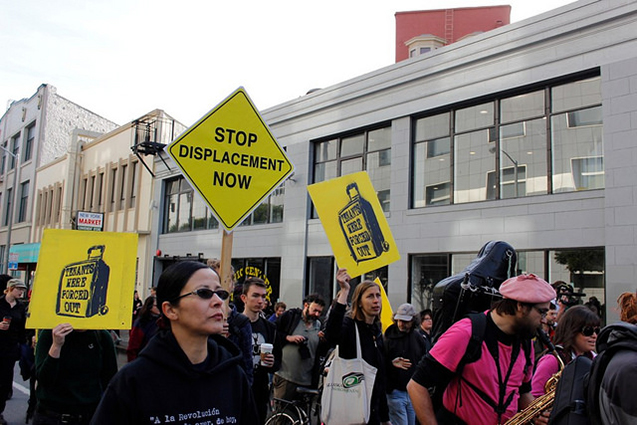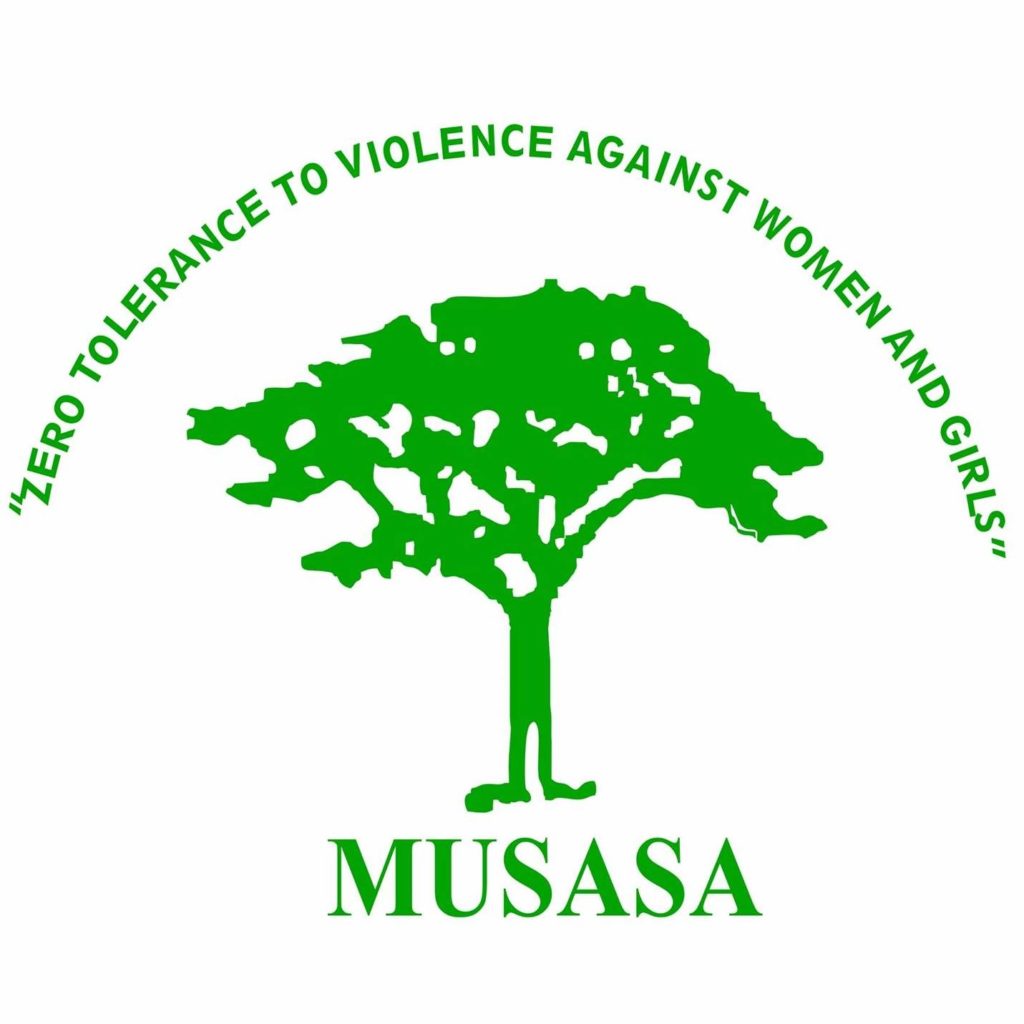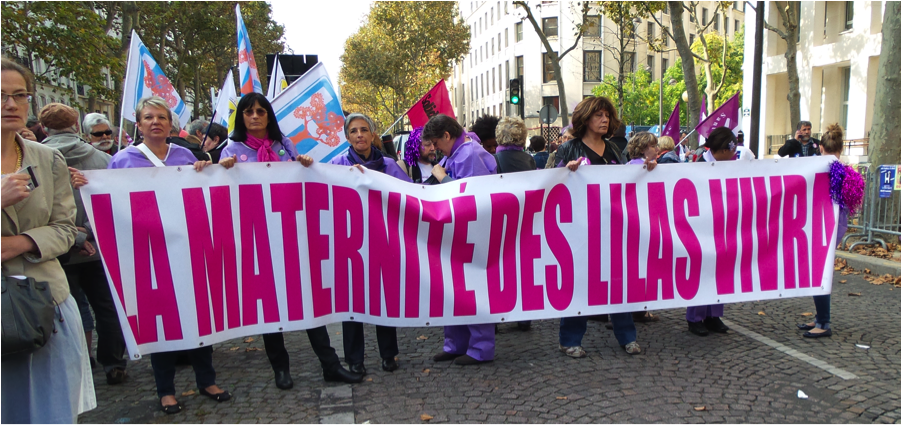
From Tennessee and California, this week, people and groups are charging, in court and in the streets, that something called “cell extraction” is killing and torturing prisoners, children, loved ones: “In the insular world of correctional institutions, it is known as cell extraction, the forcible removal of a prisoner from a cell by a tactical team armed with less-lethal weapons like Tasers, pepper spray and stun shields.”
On one hand, standard “cell extraction” becomes particularly problematic when so much of the prison population is living with mental illness and so few, as in practically none, of the prison staff is trained to recognize, much address, a mental health episode. The story of Charles Jason Toll is a case in point.
Charles Jason Toll was 33, diabetic and living with mental illness. One hot August night, in Riverbend Maximum Security, in Tennesse, where Toll was in solitary confinement, guards rushed into his cell, pushed him to the floor, handcuffed and shackled him. When he repeatedly begged, “I can’t breathe”, he was told, “You wanted this.” A little while later, he died.
Charles Jason Toll was in prison for a parole violation. Why was he in solitary? Why did no one in charge know his medical history?
Part of Charles Jason Toll’s story is the vindictive system in which a slip can send you down a hole from which there is no escape, and that’s the plan.
Toll’s mother, Jane Luna, is suing Tennessee for having killed, and tortured, her son. Jane Luna didn’t even know her son was arrested until she received notice of his death.
Meanwhile, “Videos made public in California last fall showed corrections officers at state prisons dousing severely psychotic inmates with large amounts of pepper spray before forcibly removing them from their cells, images that a federal district judge, Lawrence K. Karlton, who ordered the release of the videos, termed `horrific.’”
Earlier this week, ten civil rights groups filed a complaint concerning the San Diego juvenile detention centers and their use, especially during cell extraction procedures, of pepper spray.
One story involves a girl who reported, to her attorney, that she had suicidal inclinations. “The girl sat on the bunk in her cell in one of San Diego County’s female juvenile-detention units as staff members explained that she was being placed on suicide watch. They told her she had to strip naked in front of them—including in front of a male staff member. She refused, twice. So, they sprayed her in the face with pepper spray, then shut the door to her cell. Two minutes later, they asked if she was going to cooperate. She refused, and they sprayed her a second time and again shut the door. Minutes later, they opened the door and sprayed her again. She vomited. They then sprayed her yet once more. After the fourth blast of pepper spray, the girl finally submitted. Probation staff ordered her to crawl out of the cell, where they handcuffed her, forcibly removed her clothing, cut off her shirt and bra, strip-searched her, put her in a gown and placed her in solitary confinement for 48 hours.”
There is a special punishment, a special hell, for girls and young women who refuse the advances of the State.
(Image Credit: San Diego City Beat)
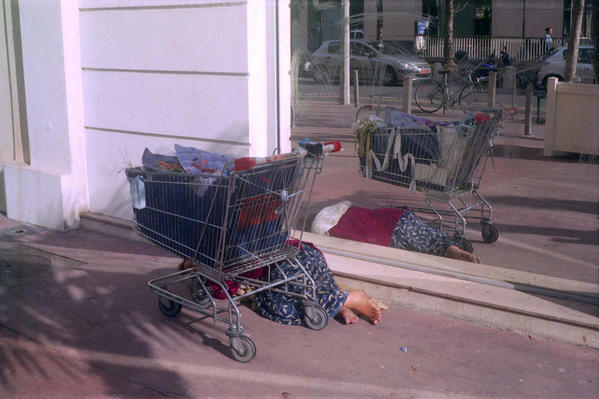
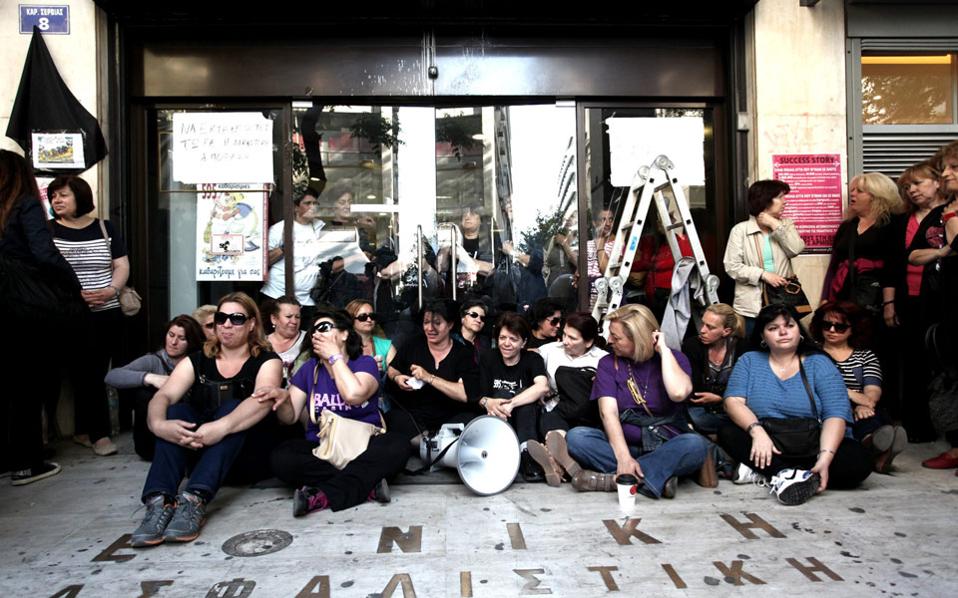 The women cleaners of the Ministry of finance in Athens
The women cleaners of the Ministry of finance in Athens